 It is a hard balance that many of us need to struggle with. Working in a start-up and having a good family life seem to be poles apart. One of my favorite business school professors, Steve Blank published this piece today on VentureBeat. The permalink seems to be broken so I am repeating some of the key points that Steve mentioned.
It is a hard balance that many of us need to struggle with. Working in a start-up and having a good family life seem to be poles apart. One of my favorite business school professors, Steve Blank published this piece today on VentureBeat. The permalink seems to be broken so I am repeating some of the key points that Steve mentioned.
This is what he writes –
My wife and I agreed to a few rules upfront and made up the rest as went along. We agreed I was still going to do startups, and probably more than most spouses she knew what that meant. To her credit she also understood that meant that child raising wasn’t going to be a 50/50 split; I simply wasn’t going to be home at 5 pm every night.
In hindsight this list looks pretty organized but in reality we made it up as we went along, accompanied with all the husband and wife struggles of being married and trying to raise a family in Silicon Valley. Here are the some of the rules that evolved that seemed to work for our family.
- We would have a family dinner at home most nights of the week. Regardless of what I was doing I had to be home by 7pm. (My kids still remember mom secretly feeding them when they were hungry at 5pm, but eating again with dad at 7pm.) But we would use dinnertime to talk about what they did at school, have family meetings etc.
- Put the kids to bed. Since I was already home for dinner it was fun to help give them their baths, read them stories and put them to bed. I never understood how important the continuity of time between dinner through bedtime was until my kids mentioned it as teenagers.
- Act and be engaged. My kids and wife had better antenna than I thought. If I was home but my head was elsewhere and not mentally engaged they would call me on it. So I figured out how to spit the flow of the day in half. I would work 10 hours a day in the office, come home and then…
- Back to work after the kids were in bed. What my kids never saw is that as soon as they were in bed I was back on the computer and back at work for another 4 or 5 hours until the wee hours of the morning.
- Weekends were with and for my kids. There was always some adventure on the weekends. I think we must have gone to the zoo, beach, museum, picnic, amusement, etc. a 100 times.
- Half a day work on Saturday. While weekends were for my kids I did go to work on Saturday morning. But my kids would come with me. This had two unexpected consequences; my kids still remember that work was very cool. They liked going in with me and they said it helped them understand what dad did at “work.” Second, it set a cultural norm at my startups, first at Supermac as the VP of Marketing, then at Rocket Science as the CEO and at E.piphany as President. (Most Silicon Valley startups have great policies for having your dog at work but not your kids.)
- Long vacations. We would take at least a 3-week vacation every summer. Since my wife and I liked to hike we’d explore national parks around the U.S. (Alaska, Wyoming, Colorado, Washington, Oregon, Maine.) When the kids got older our adventures took us to Mexico, Ecuador, India, Africa and Europe. The trips gave them a sense that the rest of the country and the world was not Silicon Valley and that their lives were not the norm.
- Never miss an event. As my kids got older there were class plays, soccer games, piano and dance performances, birthdays, etc. I never missed one if I was in town, sometimes even if it was in the middle of the day. (And I made sure I was in town for the major events.)
- Engage your spouse. I asked my wife to read and critique every major presentation and document I wrote. Everything she touched was much better for it. What my investors never knew is that they were getting two of us for the price of one. (And one of us actually went to business school.) It helped her understand what I was working on and what I was trying to accomplish.
- Have a Date-Night. We tried hard to set aside one evening a week when just the two of us went out to dinner and/or a movie.
- Get your spouse help. Early on in our marriage we didn’t have much money but we invested in childcare to help my wife. While it didn’t make up for my absences it offloaded a lot.
- Traditions matter. Holidays, religious and secular, weekly and yearly, were important to us. The kids looked forward to them and we made them special.
- Travel only if it needed me. As an executive it was easy to think I had to get on a plane for every deal. But after I had kids I definitely thought long and hard before I would jump on a plane. When I ran Rocket Science our corporate partners were in Japan (Sega), Germany (Bertelsmann) and Italy (Mondadori) and some travel was unavoidable. But I probably traveled 20% of what I did when I was single.
- Document every step. Like most dads I took thousands of photos. But I also filmed the girls once a week on the same couch, sitting in the same spot, for a few minutes – for 16 years. When my oldest graduated high school I gave her a time-lapse movie of her life.
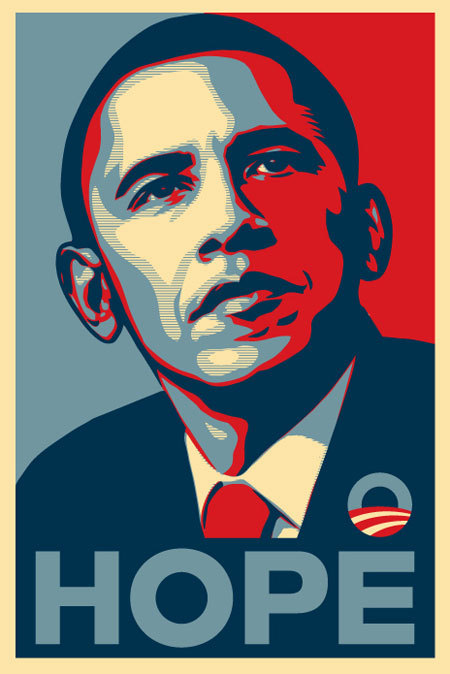 One of the readers of
One of the readers of 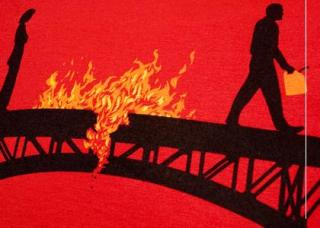
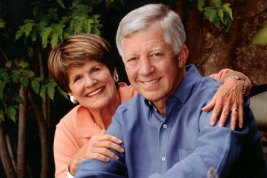 I interviewed Bill George, author of best-seller books
I interviewed Bill George, author of best-seller books 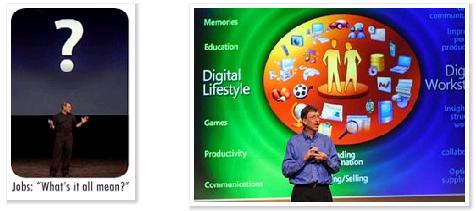

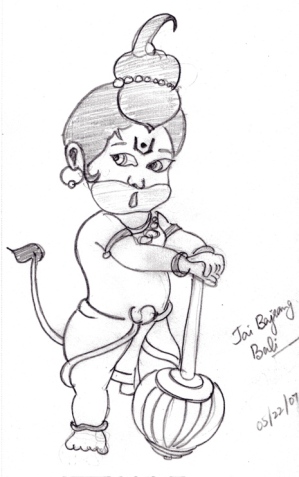
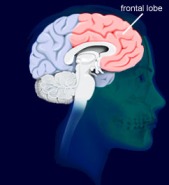 Uncertain Future: Our brains have a number of issues that make it hard for us to predict “what would make us happy”. The most significant shortcoming is the lack of details in our imagination. When we think about a future event we tend to just imagine a few important aspects of it. Our brain misses on a number of details.
Uncertain Future: Our brains have a number of issues that make it hard for us to predict “what would make us happy”. The most significant shortcoming is the lack of details in our imagination. When we think about a future event we tend to just imagine a few important aspects of it. Our brain misses on a number of details.





